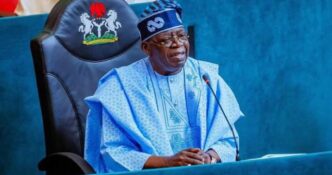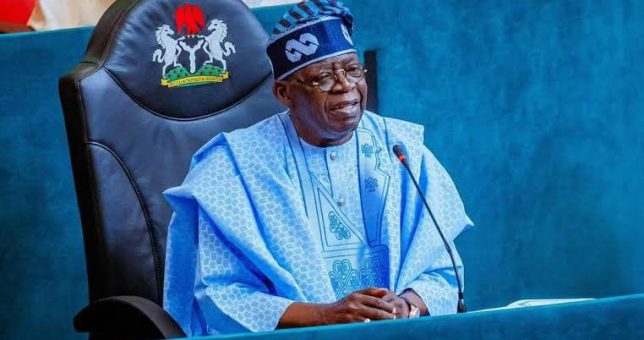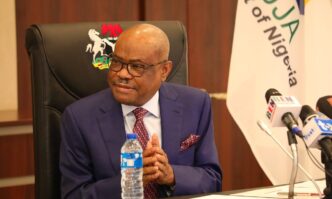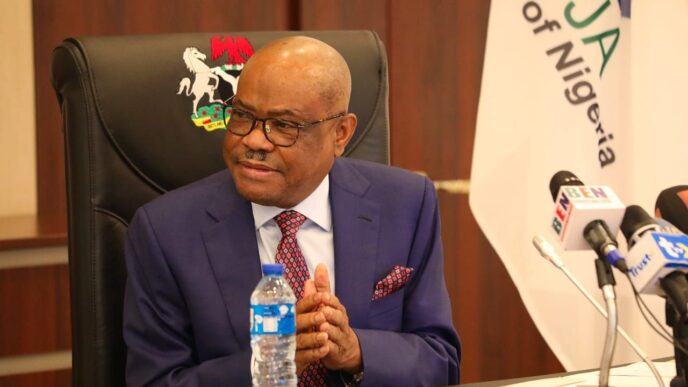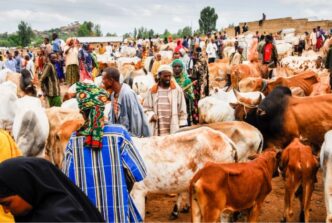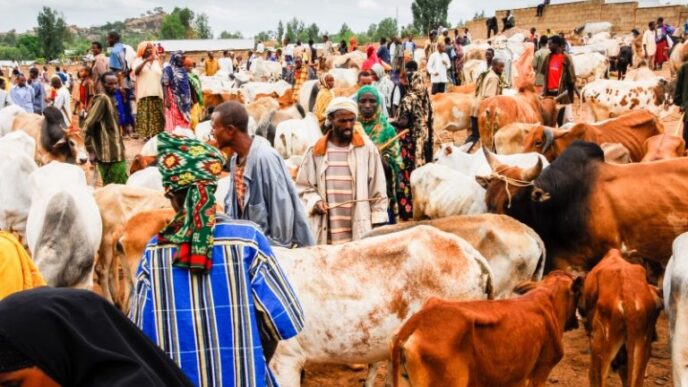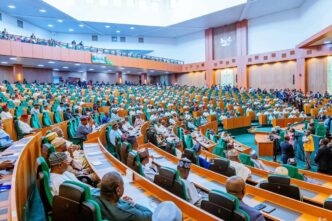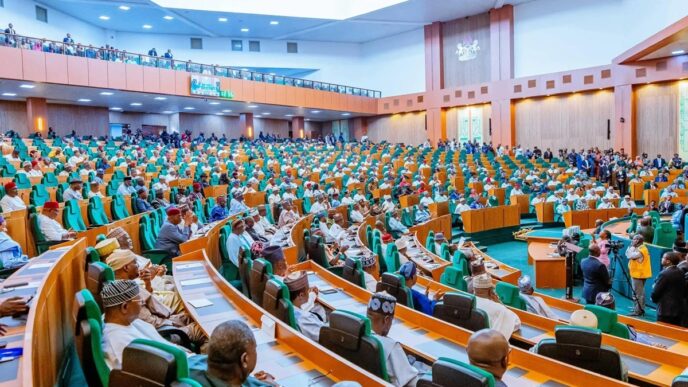President Bola Tinubu has credited the recent revival in Nigeria’s economy to the “patience and sacrifices” of its citizens, describing them as the bedrock of national resilience. He made the remarks during the formal opening of the 31st Nigerian Economic Summit in Abuja on Monday.
Speaking through Vice-President Kashim Shettima, President Tinubu noted that his administration’s reforms are already beginning to yield measurable results. He cited a GDP growth rate of 4.23 per cent for September 2025 as evidence that the economic agenda is on the right track — surpassing expectations from multilateral institutions and national analysts alike.
“Our decisions have been guided by a balance of sound economics and public expectation,” he affirmed. “The better days we promised are already within sight.” The President reiterated his government’s priority of restoring hope for vulnerable Nigerians, especially the unemployed and youth, by opening access to loans, grants, and equity investments up to 100,000 US dollars for promising ventures.
Central to Tinubu’s economic strategy is a ₦200 billion intervention fund dedicated to micro, small and medium enterprises (MSMEs) and manufacturers. He said this fund is essential to bolster competitiveness and mitigate structural challenges.
President Tinubu remarked that stability in the foreign exchange market, which underpins investor confidence, was not accidental but the result of deliberate policy choices. He also reaffirmed his administration’s commitment to subsidy removal as a necessary step in restoring public finances and stabilising the economy.
Among the achievements he cited: a leap in total revenue collections from ₦19.9 trillion in 2023 to ₦25.2 trillion in 2024, and a further rise to ₦27.8 trillion by August 2025. He added that Nigeria’s debt-service-to-revenue ratio, once near 97 per cent, has now fallen to below 50 percent.
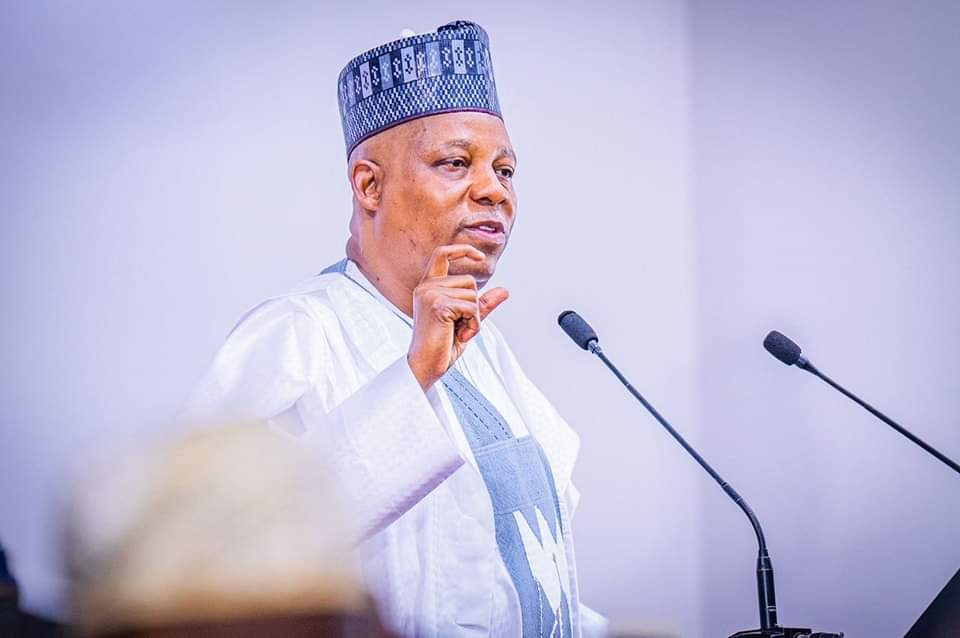
These fiscal gains, he said, contributed to upgrades in Nigeria’s sovereign ratings: Fitch raised the outlook to B (stable), while Moody’s elevated its issuer rating to B3 with a stable outlook. He also highlighted that non-oil revenue surged by 411 per cent year on year in August 2025, and the tax-to-GDP ratio has climbed to 13.5 per cent from around 7 per cent.
On the matter of federal allocations, Tinubu defended the increase in monthly transfers to states, explaining that decentralised funding allows each unit to pursue development aligned with its unique priorities.
He thanked economic experts and policy stakeholders for their collaboration, while urging participants at the summit to focus on leveraging their deliberations into actionable recommendations. The Minister of Budget and Economic Planning, Atiku Bagudu, praised the longstanding collaboration between his ministry and the Nigerian Economic Summit Group (NESG), citing it as central to public-private cooperation in national development.
The summit’s chairman, Olaniyi Yusuf, underscored the importance of security to the success of economic reforms, warning that instability would erode investor confidence and derail progress. Meanwhile, Vice-Chairman of the NESG, Boye Olusanya, applauded the boldness of the reforms — especially in foreign exchange stabilisation, tax reform, and subsidy removal — while cautioning that reversing core policies would risk a return to stagnation.


 Trending
Trending 
